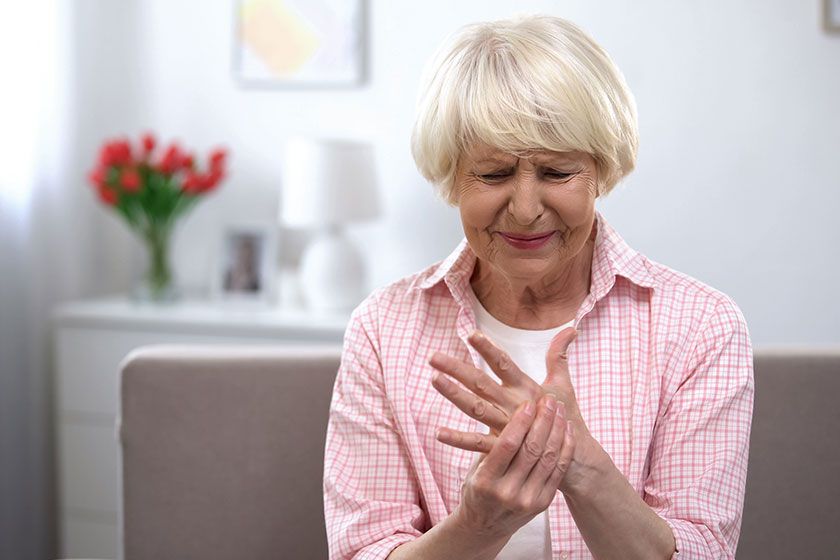Neuropathy care is a critical service offered in assisted living residences in Roanoke, VA, providing relief and support to residents experiencing nerve pain. Neuropathy, which causes pain, weakness, and numbness due to nerve damage, can significantly affect quality of life. Assisted living communities in Roanoke are committed to addressing this challenge through comprehensive care that encompasses medical management, physical therapy, and supportive services.
In these communities, a team of senior living professionals works together to understand each resident’s unique case of neuropathy. They provide treatment, compassion, and understanding, ensuring residents receive the best care tailored to their needs.
Personalized Treatment Plans: A Collaborative Approach
A key component of neuropathy care in assisted living residences is the development of personalized treatment plans. These plans take a collaborative approach involving doctors, nurses, and other healthcare providers who specialize in nerve care. Residents and their family members are also integral to the planning process, ensuring that the care provided aligns with the resident’s preferences and goals.
Personalized treatment plans may include various therapies such as physical therapy to maintain mobility and reduce pain, occupational therapy to assist with daily activities, and even complementary therapies like massage or acupuncture. Each plan is designed to manage symptoms effectively and improve the resident’s overall well-being.
Medication Management for Neuropathy Pain Relief
Medication management is a crucial aspect of neuropathy treatment in assisted living residences. The right medications can help control the pain and discomfort caused by neuropathy, allowing residents to participate more fully in daily activities. In Roanoke’s assisted living communities, healthcare providers closely monitor medication regimens to optimize effectiveness and minimize side effects.
Residents benefit from the expertise of pharmacists and physicians who coordinate to provide the best pharmacological approaches for neuropathy pain relief. Regular reviews of medication plans ensure that residents receive the most appropriate and up-to-date treatments for their condition.
Physical Therapy Options Within Assisted Living Facilities
Physical therapy is a vital part of neuropathy treatment within assisted living facilities in Roanoke, VA. Residents can access physical therapists to help improve mobility and reduce pain. These therapists work within the community to create exercise programs that are safe and effective for seniors dealing with nerve pain.
The exercises are tailored to each person’s abilities and needs, focusing on strengthening, balance, and coordination. They can help maintain muscle strength and prevent atrophy, which is particularly important for neuropathy patients. Regular sessions can also improve circulation, which is beneficial for nerve health. The convenience of having these services within the assisted living residence means that residents can easily incorporate regular physical therapy into their routines.
Nutritional Support and Its Impact on Neuropathy
Nutrition plays a significant role in managing neuropathy and assisted living residences in Roanoke, VA, provide nutritional support to help residents manage this condition. A balanced diet rich in vitamins and minerals, particularly B vitamins, vitamin E, and omega-3 fatty acids, can support nerve health and potentially reduce neuropathic symptoms.
Dietitians in these communities work with residents to ensure their meals are nutritious and cater to their tastes and dietary requirements. They can offer advice on how to manage blood sugar levels for those with diabetic neuropathy, which can help prevent further nerve damage. By receiving the right nutritional support, residents can tackle neuropathy with a holistic approach that complements their medical treatments.
Alternative Therapies Available in Assisted Living
In Roanoke, VA, assisted living residences offer alternative therapies that can be beneficial for those with neuropathy. These therapies include acupuncture, which is believed to help relieve pain and improve nerve function, or massage therapy, which can reduce stress and muscle tension, potentially easing neuropathic pain.
Residents may also have access to relaxation techniques, such as guided imagery or meditation, which can help manage the psychological impact of chronic pain. Additionally, some communities provide access to aquatic therapy, where the buoyancy of water can allow for pain-free exercise, improving strength and mobility. These alternative options are valuable additions to traditional medical treatments, offering residents a comprehensive approach to neuropathy care.
The Importance of Regular Medical Evaluations
Regular medical evaluations are paramount in managing neuropathy effectively within assisted living facilities. These evaluations allow healthcare providers to monitor the condition’s progression and the treatment’s effectiveness. In Roanoke’s assisted living residences, residents have scheduled check-ups with medical professionals who specialize in neuropathy and other age-related conditions.
During these evaluations, doctors may assess nerve function, check for any changes in symptoms, and make necessary adjustments to treatment plans. These regular check-ins also allow residents to discuss any concerns and receive advice on managing their condition. Staying on top of medical evaluations ensures that each resident receives personalized care that adapts to their changing health needs.







